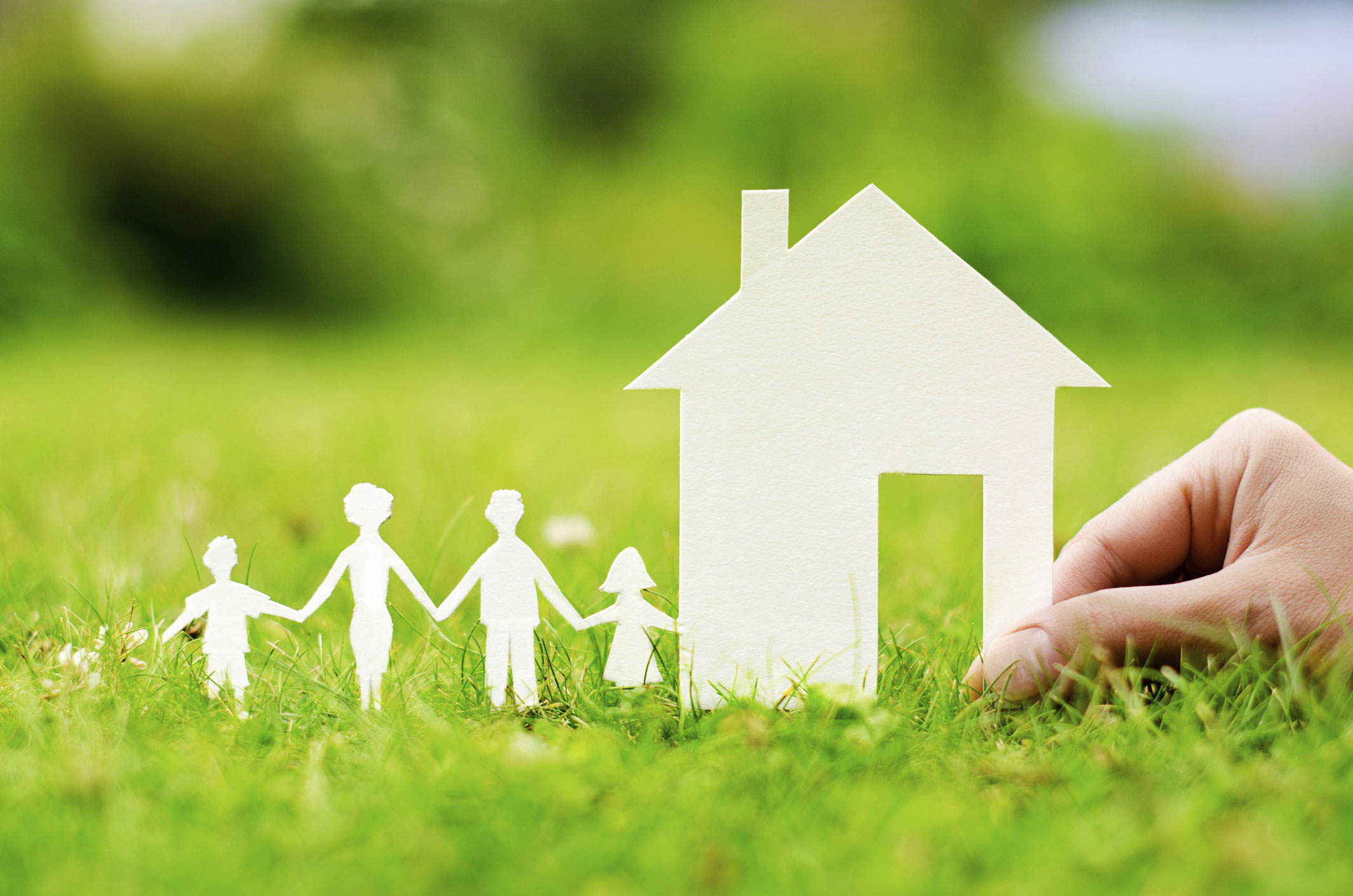Things to Think About When Buying a Home
Buying a home is a great deal. It’s a big financial step toward the lifestyle you want. It’s also a great asset that will appreciate over time. The value of a house will continue to rise, even if the house wears down. That’s because the demand for land always increases. Given the rising population and a good employment rate, people are always looking for homes to settle in.
You can buy a home straight out of your savings. But you’re going to need a considerable amount of money. It will cost so much that you may want to spread out the price in month amortization.
Getting a mortgage for your house is a good strategy for various reasons. For starters, it doesn’t affect the value of your home. It also doesn’t stop you from building equity. In fact, the more you pay through your mortgage, the more considerable equity you amass.
The first thing you should research and know is that a mortgage is the cheapest way you can borrow money. It’s tax-deductible, and the interest is tax-favorable. The payment gets easier over time because while the terms and conditions stay the same, the family income can increase.
So let’s assume you have the mortgage covered and are now ready to go home-hunting. What are some factors and considerations you need to keep in mind?
The House Fits Your Family’s Needs
The very first consideration you need to make is about the specifications of the house. These should meet the needs of your family. For example, if there are children, then you need more rooms. You need the space so your kids can have privacy while they learn or play. It would help if you also had storage rooms so you can avoid clutter despite them having a lot of toys.
You also need to look at your budget. While budgets are not decisive factors in buying a house, you need to look out for an estimate or a bracket you can spend. You don’t want to stress about the future if it’s going to be too expensive.

Consider your lifestyle when you buy a home. It’s okay to look for your dream house, but you have to think about whether it complements you and what you need. You also have to think about what you want today and whether it will stay the same five years from now. Remember, buying a house can often mean settling down in the same place for the rest of your life.
To avoid some things that people overlook, watch out for these things:
- Parking Space
- Homeowner’s Association Rules
- Surprise Bills
Pick a Good Location
It’s a cardinal rule in real estate that good property exists in a good location. It will often dictate whether the value of your home will appreciate or depreciate. So the best decision and route to take is to look for a place you can see a future in.
Among the things you should look for to figure out if the location is good is simply looking at the surroundings. Is there a buzzing or developing local business? Are there various stores opening or flourishing? This is the time you should do your research. Drive around the area and see it for yourself.
Watch out for closing stores and shops, as well as abandoned warehouses. This could mean that the economy in the area is not doing well.
Take a look at your neighbors. Are they organized? Do they respect each other? One of the factors of a good location is a supportive and welcoming community. This means they take care of one another to create a better neighborhood.
It’s also a good sign if you can find people out in the open. They could be taking a walk or taking their pets for a walk. Kids could be playing in the community playground. These are signs that the community is safe because people feel comfortable going outside.
Watch out for random garbage everywhere and thick graffiti. If there are many dilapidated and abandoned houses and buildings, as well as bars on doors and windows, you’re looking at a less favorable neighborhood. The same goes if you notice fences and locks everywhere.
Watch out for some things people often overlook about location:
- Values of Adjacent Properties
- Violence and Crime Rate
- Amount of Outdoor Activities by Neighbors
Factor in Facilities and Amenities
Facilities and amenities increase the value of their property. They make the location more appealing because they can improve the quality of life of residents. For example, it would be great if the house you’re looking at is close to a gym, a library, and a park.
A gym is a perfect place to exercise and get fit. It boosts your mental and physical health. A public library, on the other hand, is a great place for your children to spend time reading on their own. A park is great because it gives you and your family an excellent venue to socialize, exercise, and recharge.
When you think about facilities and amenities, think about hiking trails, trees, retail, and essentials. Consider development in terms of business, design, and structure. Think about communication and transportation available nearby.
These things make life easier and more fun. At the same time, facilities and amenities can mean groceries, schools, and workplaces. Watch out for these things so you don’t make the same mistakes that people overlook:
- Is it easy to get around the neighborhood?
- Are there banks or ATMs available nearby?
- How far are the stores from your house?
House hunting can be such a drag. It will take time and effort to find the right home. But you’re one step closer if you consider your family’s needs, the location, and facilities and amenities.
